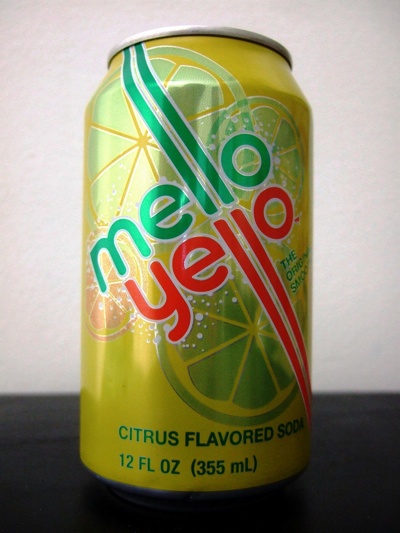Two articles on the color yellow caught my eye this week.
The first is Object of Interest: The Yellow Card — Rob Walker’s history of the yellow card as it’s used in soccer. In a 1966 World Cup game a referee apparently failed to adequately communicate a penalty warning, which resulted in the birth of the card:
As objects go, it doesn’t look like much. It’s, you know, a yellow card. But when theatrically brandished by an official, almost literally in the face of a player who has done something uncool, it has wild power. It sets off a stadium-full of whistling, and cartoonish arm-flailing from the carded player and his colleagues. A yellow card has real consequences: Possession, a free kick, and the possibility that if the carded competitor blunders again he’ll leave his team understaffed for this match, and will sit out the next. […]
The cards are a such a brilliant solution to the problem of making sure a penalty has been adequately signaled — they transcend language; they’re clear not just to everyone on the field, but in the stadium, or watching on a screen — that it’s hard to imagine the game without them.
The second is Dan Saffer’s ode to a ubiquitous object in cities: The Hidden Genius and Influence of the Traffic Light.
The yellow light is by far the most sophisticated and cognitively challenging part of any traffic light. Red and green lights have had to consider timing, namely: how long should one side of the intersection remain green, the other red. This creates the “capacity” of a signal: how many vehicles can move through on a single change of the light. […]
The yellow light doesn’t really control capacity, but instead creates an ephemeral Zone of Decision around the intersection. When a light turns yellow, nearby drivers have a choice to make, quickly: do I speed up and drive through the yellow light, or do I slow down and stop? Driving instructors will of course always tell you that a yellow light means slow down and prepare to stop, but on the street, that’s not always how it works. Sometimes it really would be more dangerous to stop than to run the yellow. And sometimes those driving instructors are right: running the yellow is a terrible, dangerous idea. How do you know which is which?
So here we have two yellows, the one extremely clear (“I’ve made a huge mistake…”), the other an object of anxiety (“Should I stay or should I go?”). And yet we all know what the color means based on history and context and common understanding. I don’t know why that strikes me as fairly remarkable, but it does.
Also, apropos of nothing, does anyone else remember this?
